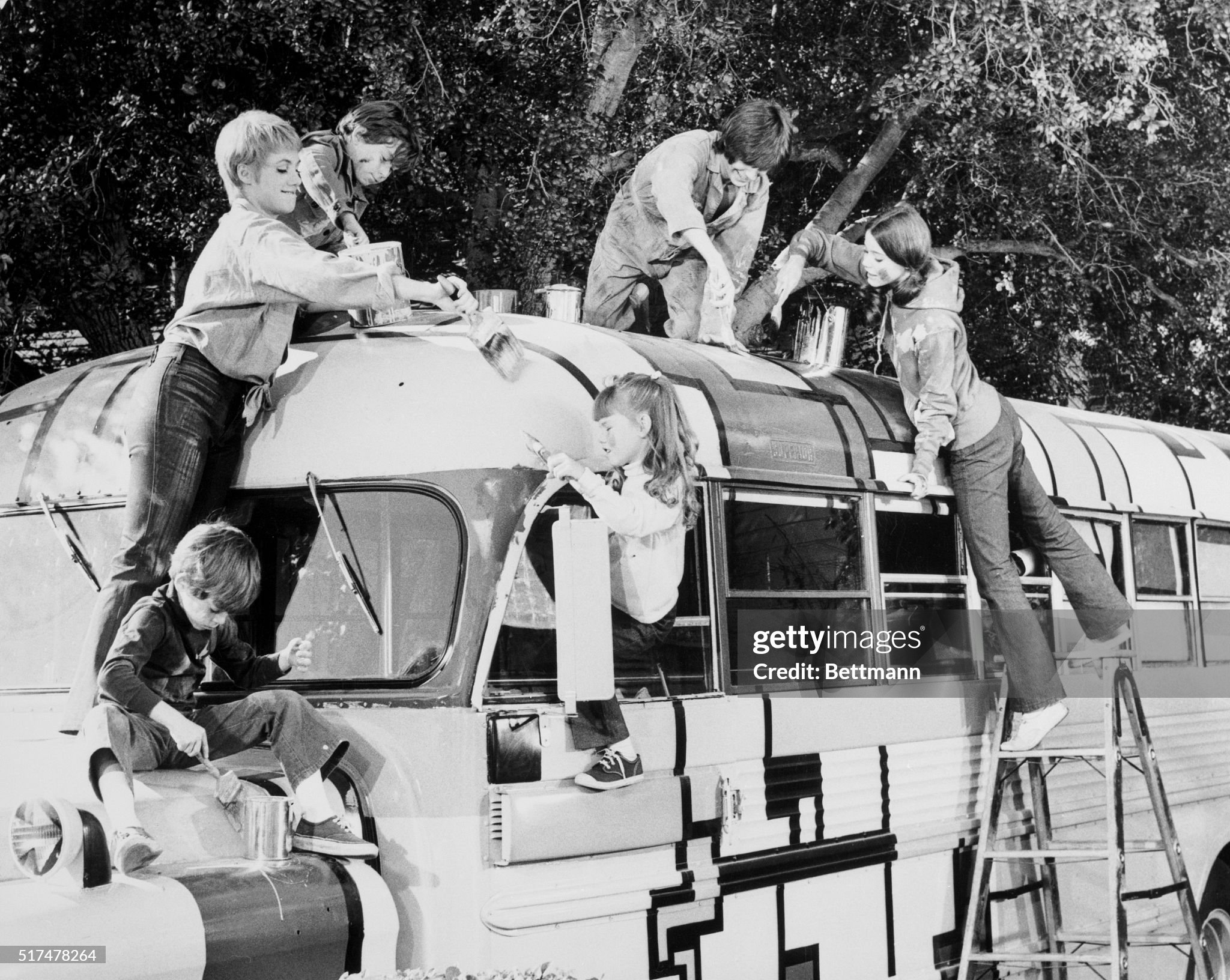
A bubblegum valentine with a Caribbean tint—a simple promise sung straight, rescued from a TV moment and finally given a home on record.
Before we drift into memory, the essentials belong up top. Song: “Baby I Love, Love, I Love You.” Artist: The Partridge Family. First heard by viewers in Season 1, Episode 3 (“Whatever Happened to the Old Songs?”), aired October 9, 1970. Not issued on any original 1970–74 studio LPs; its first official audio release arrived much later on Come On Get Happy! The Very Best of The Partridge Family (2005), where it appears as one of the “new” additions for the anthology. Writers are credited to Errol Brown and Tony Wilson—the founding songwriters behind Hot Chocolate—with some TV documentation also listing producer Derek Lawrence among the writers (the 1969 Tony Wilson single names Brown/Wilson as composers and Lawrence as producer). Runtime on modern releases: about 2:22. The title itself floats in two forms—streaming services show “Baby I Love, Love, I Love You,” while some track lists print “Baby I Love, Love, Love You.”
What makes this one so endearing is its origin story. The song arrives in that early-season episode as part of the show’s musical fabric—a bright, immediately catchy tune slotted between plot beats—then promptly disappears from record-store shelves for decades. Fans remembered the hook; collectors traded murky off-air tapes; and for years it lived in that soft space between memory and myth. When Come On Get Happy! finally gathered it in 2005, the track felt less like a “bonus” and more like a missing puzzle piece snapped into place. The compilation itself flags the cut as a newly issued track, which is why longtime listeners still smile when it cues up between the big hits.
Musically, “Baby I Love, Love, I Love You” wears a light island sway in its DNA—no surprise, because the song began life as a 1969 single by Tony Wilson (with Derek Lawrence producing) in that era when British soul/reggae cross-currents were mixing on UK labels. The Partridge Family rendering smooths those edges into sunny pop-soul: handclap energy, buoyant groove, and that familiar TV-era polish that made the group’s records so radio-friendly. You can hear why it sat so naturally alongside the show’s other early tunes; it’s unabashedly direct, a melody built to land on the first listen and stick around for a lifetime.
For older ears, part of the charm is how unguarded the lyric is. There’s no subplot, no clever feint—just a sweetheart promise repeated until it sounds like the truth you’ve been meaning to say. That plain talk is exactly what made the Partridge catalog travel so well across decades. In 1970 you might’ve caught it on a living-room console while your family passed the popcorn. In 2005, maybe it floated through computer speakers when that anthology finally dropped, and with it came a rush: the furniture you grew up with, the laughter, the “don’t stay up too late” voice from down the hall. Songs like this don’t try to impress; they try to reassure.
There’s also a lovely bit of pop history threaded through the credits. Errol Brown and Tony Wilson—better known to many as the team behind Hot Chocolate—had a knack for writing choruses that felt inevitable, and you can hear that skill here. The Partridge cut reframes a Brown/Wilson idea for American TV pop: same bones, different room. As for Derek Lawrence, the studio veteran who helped shepherd British rock and soul projects, his name surfaces in TV and soundtrack notes for this episode, which helps explain the tune’s Anglo-Caribbean flavor before it was smoothed into California sunshine. In other words, it’s a small cultural handshake—London to Los Angeles, reggae tint to bubblegum sheen—captured in two and a half minutes.
And because accuracy matters: this was never a chart entry in its own time—it wasn’t released as a U.S. single during the show’s run—so there’s no original Billboard peak to report. Its reputation is entirely listener-made, a testament to how often music from a TV scene can outgrow its context and become its own keepsake. The 2005 compilation effectively gave it a “release date” at last, making official what fans had already decided in their hearts.
So what remains when the credits roll? A feather-light groove and a chorus you can hum without thinking, the kind of tune that softens a room and loosens a memory. Play “Baby I Love, Love, I Love You” now and you may find yourself back in front of a wood-framed TV, or flipping through a greatest-hits CD in the mid-2000s, or simply smiling at how a simple line repeated with conviction can still feel like brand-new affection. Some songs crackle with drama; this one glows, and sometimes that’s exactly what you need.